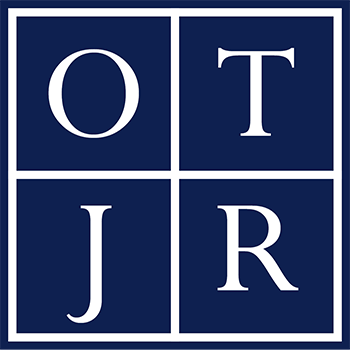Transitional Justice and Reconciliation in Peru
Nearly ten years from the date when Peru’s Truth and Reconciliation Commission began its work, one former President in power during the country’s twenty-year conflict is behind bars and another is in office once again. Is the Peruvian case a success story for transitional justice with its well-received truth commission and the recent conviction of former President Alberto Fujimori? If so, what to make of the seriously delayed and selective implementation of reparations for victims of human rights abuses? Or of the vocal opposition and political delays to the Museum of Memory project that aims to commemorate the victims of Peru’s conflict and to explore its causes? And, how are the 2009 human rights violations of indigenous protesters to be interpreted in a post-TRC, post-Fujimori trial Peru?
This debate explores the legacies of Peru’s transitional justice processes - including the TRC and the trial of Alberto Fujimori - and pending justice issues such as the full implementation of reparations, further domestic prosecutions and progress on the TRC’s many recommendations. It also explores the relationship between transitional justice and reconciliation in what remains one of the most unequal countries in the Americas.
Series Papers
1. Is reconciliation possible in a country that seeks homogeneity among its citizens?
Mon, 15 Mar 2010 by Ricardo Cuenca
Recent educational reforms in Peru that disregard the TRC's recommendations to represent and respect diversity through education hinder rather than help reconciliation.
2. Reparations and Prosecutions after Serious Human Rights Violations: Two Pending Issues in Peru’s Transitional Justice Agenda
Mon, 22 Mar 2010 by Juan Pablo Pérez-León Acevedo
Delays in fully implementing reparations and challenges to domestic prosecutions impede the full realization of justice in Peru.

